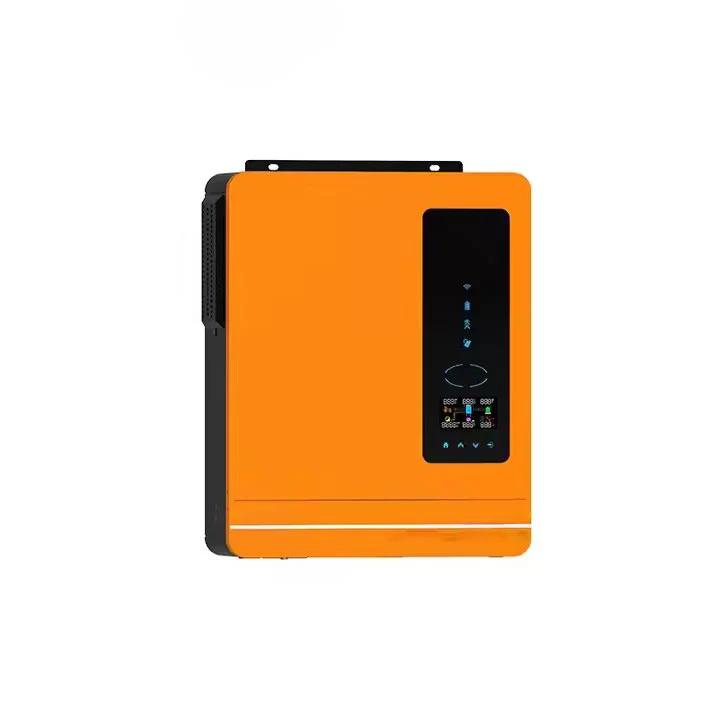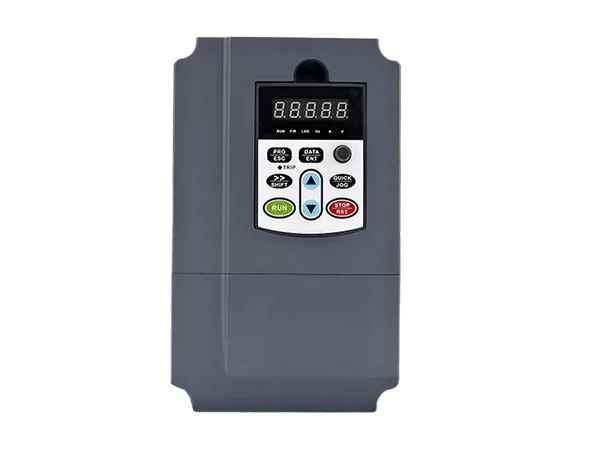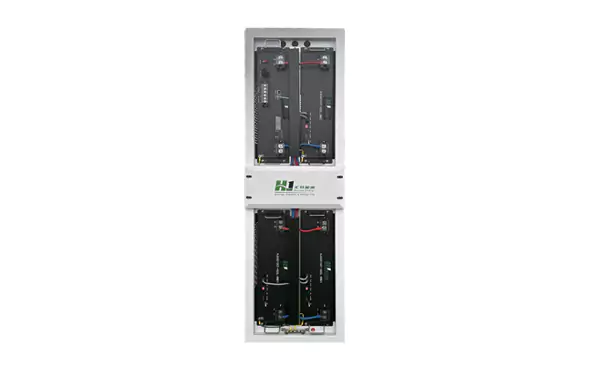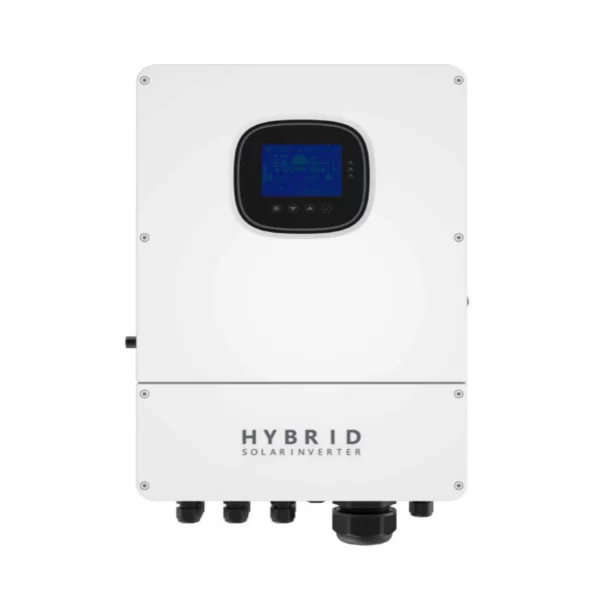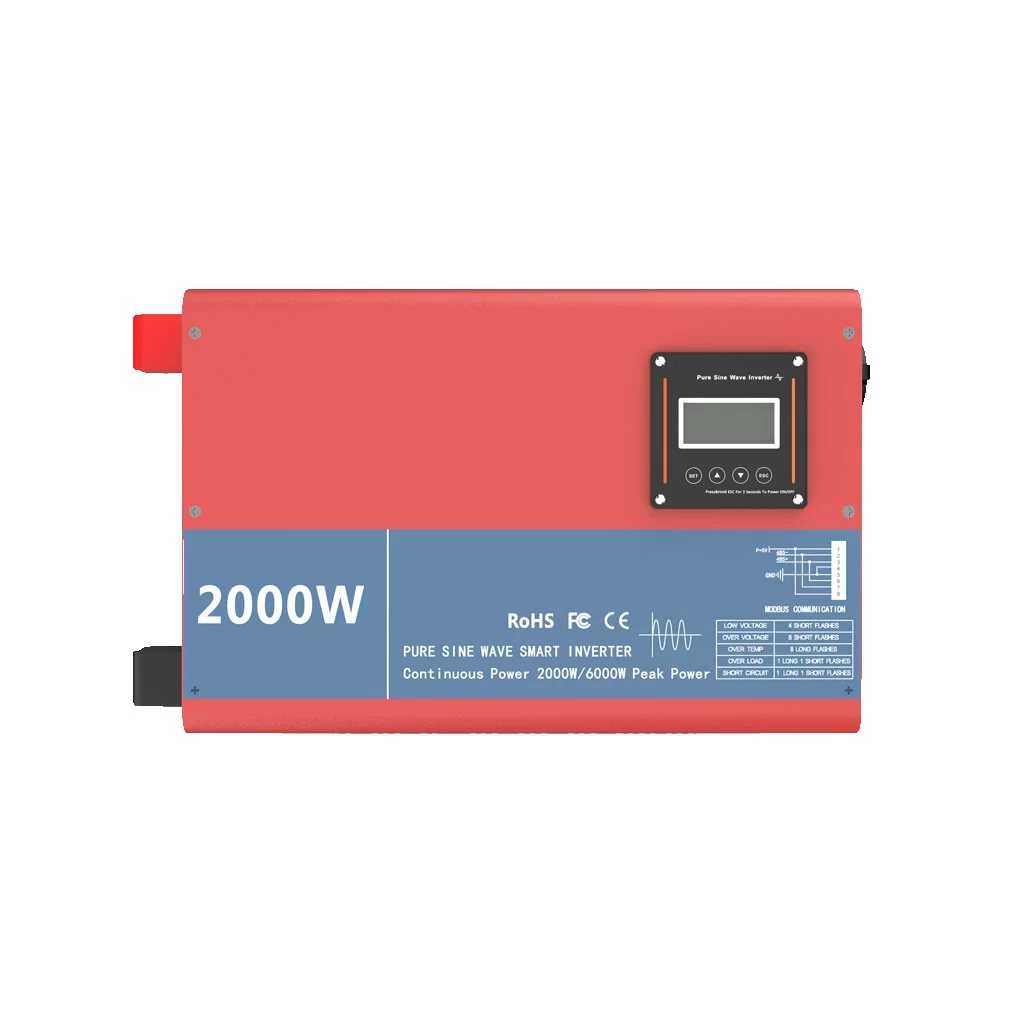Get A Quote Now!
The Heart of the Smart Grid: The Crucial Role of Inverter Generators in Modern Energy Management
As the global energy system rapidly evolves, Smart Grid technology is becoming increasingly important in modern energy management. At the core of this transition, Inverter Generators are playing an indispensable role. They not only facilitate the efficient integration of renewable energy but also help stabilize the power supply, enhancing the overall efficiency and flexibility of the grid.
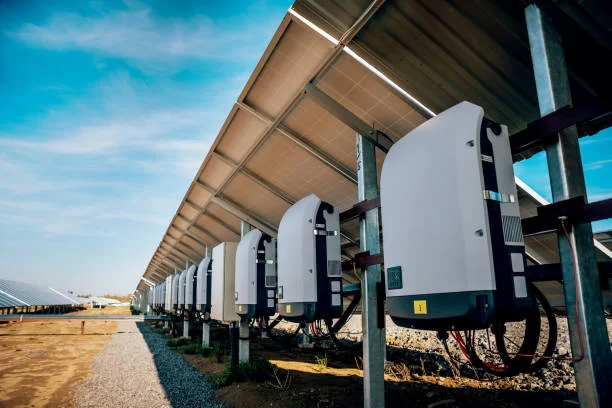
What is an Inverter Generator?
What exactly is an inverter generator? Simply put, it’s a machine that converts direct current (DC) electricity (like the kind you get from a battery) into alternating current (AC) electricity (the kind you use in your home outlets). But why do we need this conversion? Because the electricity we use daily — whether it’s for turning on lights, watching TV, or charging our phones — is all AC power.
So, what’s the use of an inverter generator? It has a huge range of applications. For instance, if you have solar panels installed on your roof, they generate DC power, which you can’t use directly. This is where the inverter generator comes into play. It converts that solar energy into AC power, allowing your home appliances to run on solar energy.
Moreover, inverter generators have another major advantage — they provide clean, stable electricity. This is a blessing for high-end electronics, such as computers, TVs, or medical equipment, which require stable power. Any fluctuations in the power supply could affect their performance, and the inverter generator ensures stable power, making it safer to use such sensitive devices.
The Role of Inverter Generators in the Smart Grid
In modern energy management, inverter generators play a much larger role than just converting electricity. They are the “heart” of the smart grid. Here are some of the key roles they play:
1.Facilitating Renewable Energy Integration: Inverter generators enable renewable energy sources like wind and solar to seamlessly integrate into the grid. They monitor and adjust energy flows in real-time, maintaining supply balance. This is especially crucial during energy fluctuations caused by weather changes.
2.Enhancing Power Quality: In a smart grid, inverter generators precisely control current and frequency to ensure stable power output, reducing grid instability, especially when renewable energy outputs fluctuate.
3.Supporting Energy Storage and Distribution: Inverter generators not only convert DC power stored in batteries into AC power but also intelligently manage power distribution. They optimize energy use during peak and off-peak hours, improving overall energy efficiency.
4.Microgrid and Islanding Mode Support: When the central grid fails, inverter generators allow microgrids to operate in islanding mode, supplying power independently to their respective areas. This ensures uninterrupted power for critical infrastructure like hospitals and business centers, minimizing economic and social losses due to blackouts.
Case Studies: Real-World Applications
Globally, inverter generators have proven their significance in numerous projects. For example:
Solar Communities in California, USA: Some residential areas in California have already deployed smart inverter systems integrated with solar energy and storage devices. These systems provide clean energy to users’ homes while also supporting electric vehicle charging.
Wind Farms in Germany: Germany’s wind farms use high-efficiency inverter systems to stabilize the fluctuating wind power fed into the grid. These inverters can quickly respond to changes in wind speed, ensuring stable power output.
These case studies highlight not only the broad application of inverter generators in the smart grid but also their critical role in managing the complexities of energy systems.
Future Trends
As technology continues to advance, inverter generators will become more intelligent and efficient. In the future, we are likely to see more bi-directional inverters, which can not only convert DC power to AC but also reverse the process, storing surplus AC power as DC in batteries.
Additionally, with the development of the Internet of Things (IoT), inverter generators will integrate more seamlessly with smart homes and businesses, offering real-time monitoring and optimizing energy usage.

